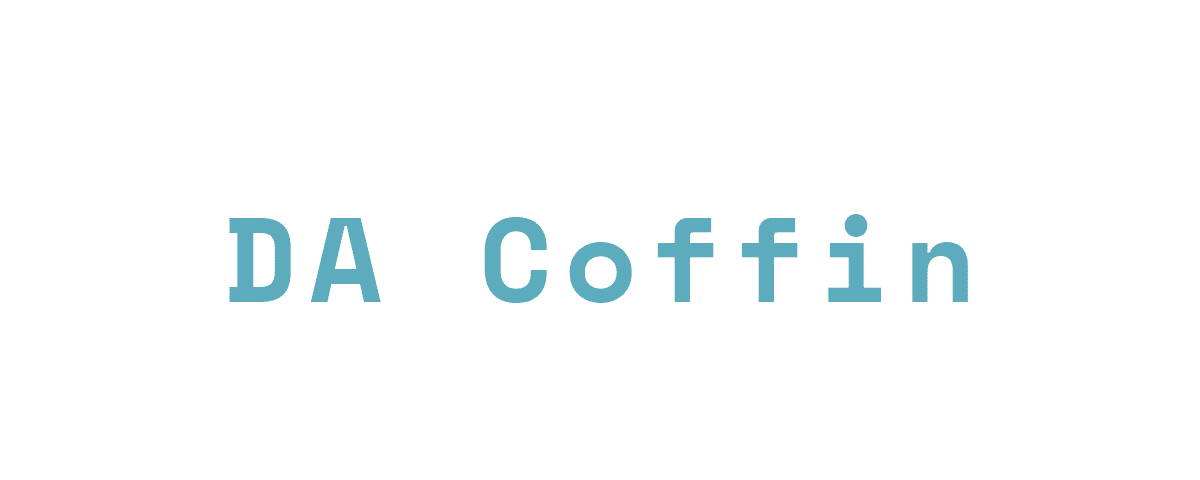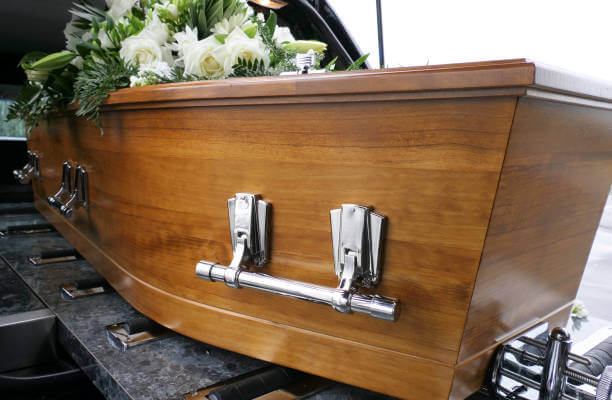Planning a funeral for a loved one can be a difficult and emotional experience, made even more challenging when faced with financial constraints. Fortunately, there are a variety of low-cost options and government assistance programs available to help families give their loved ones a meaningful and respectful final send-off without breaking the bank.
In this article, we will explore the various creative options and government programs that can aid those who need to plan a funeral on a tight budget. We will discuss the benefits and challenges of options such as fundraising, cremation, and body donation, as well as the importance of a service in the grieving process and the different ways in which families can memorialize their loved ones.
By providing this information, we hope to help families navigate the funeral planning process with compassion, care, and financial prudence.
Low-Cost Funeral Options
The pre-existing knowledge highlights various low-cost funeral options, including fundraising, cremation, body donation, direct burial, and government programs, and provides insights into their benefits and challenges.
Cremation and burial are two of the most common options for those looking for affordable funeral services. Cremation is becoming increasingly popular due to its cost-effectiveness and simplicity. It eliminates the need for embalming and other expensive preparation procedures, which can save families hundreds or even thousands of dollars.
Direct cremation, a type of cremation service that bypasses a traditional funeral service, is even cheaper and can cost as little as $2000. However, challenges associated with cremation include obtaining permission, deciding what to do with the ashes, public perception, and the emotional impact of not having a traditional funeral service.
Fundraising is another option for those who want to give their loved ones a proper send-off without breaking the bank. Creating a fundraiser is the best way to save money and can be done online or by setting up a collection jar in local businesses. However, challenges associated with fundraising include putting pride aside, resistance from close friends or family members, and ensuring all donations are properly received and accounted for.
It’s important to consider the audience, set realistic goals, and create a compelling call to action when planning a fundraiser. With careful planning and creativity, families can save on funeral costs and still give their loved ones a meaningful farewell.
Body Donation
Body donation for medical research and education can be a cost-effective alternative to traditional funeral arrangements. By donating one’s body, individuals can save their loved ones the financial burden of a funeral and contribute to advancements in medical knowledge. The benefits of body donation extend beyond cost savings, as medical researchers rely on donated bodies to study anatomy, develop new treatments, and train future healthcare professionals.
However, there are ethical considerations to keep in mind when considering body donation. It is essential to do proper research and work with a reputable organization to ensure that the donated body is used ethically and respectfully. Donors should also communicate their wishes clearly with their loved ones and make arrangements ahead of time to ensure that their body is handled according to their preferences. Despite the challenges, body donation can be a compassionate and meaningful way to leave a lasting impact on the medical community while providing a cost-effective alternative to traditional funeral arrangements.
| Benefits of Body Donation | Ethical Considerations | Practical Considerations | ||
|---|---|---|---|---|
| Advancing medical knowledge | Ensuring ethical use of the body | Proper research and working with reputable organizations | ||
| Saving loved ones the cost of a funeral | Communicating wishes clearly with loved ones | Making arrangements ahead of time | ||
| Contributing to medical education and training | Respecting the dignity of the donor’s body | Proper disposal of remains | All of these are important considerations when making the decision to donate one’s body to science. |
Challenges to Consider
One important aspect to consider when contemplating body donation for medical research and education is the potential ethical implications associated with the use of donated bodies. Some individuals may feel uncomfortable with the idea of their loved one’s remains being used for scientific purposes. It is important to do thorough research and understand the specific program requirements before making a decision on body donation. Additionally, it is crucial to consider the emotional impact that this decision may have on loved ones and to have open and honest communication about the decision.
Fundraising strategies can also be a challenge when considering body donation for funeral planning on a budget. While donating a body to science may save on funeral costs, there may still be expenses associated with transportation and memorial services. Fundraising can be a helpful option to cover these costs, but it requires careful consideration of the audience, realistic goal-setting, and a compelling call to action. It is important to also be prepared for potential resistance from close friends or family members and to ensure that all donations are properly received and accounted for.
Government Assistance Programs
Assistance programs for funeral costs are like a lifeboat in a stormy sea, offering financial relief for low-income families and veterans who may struggle to cover the expenses of a loved one’s funeral. These programs can provide some much-needed relief during a difficult time, but it’s important to note that there are strict eligibility requirements and the application process can be complicated and time-consuming.
Here are some key points to keep in mind about government assistance programs for funeral costs:
-
The Social Security Administration offers a one-time death benefit of $255, but this is only available to certain individuals who meet specific criteria.
-
Some states have their own programs that offer financial assistance for funeral costs. For example, New York State offers up to $1,700 in assistance, but this is only available to low-income families who meet certain eligibility requirements.
-
Veterans and active duty military members may be eligible for reimbursement for transportation costs to a national cemetery, but again, there are strict eligibility requirements.
-
It’s important to note that government benefits typically only cover a portion of total costs, and the application process can be complicated and time-consuming.
Families may need to explore other options, such as fundraising or direct cremation, to cover the remaining costs of a funeral.
Importance of Service and Memorialization
Service and memorialization play a crucial role in the grieving process, providing an opportunity to honor and remember the life of a loved one who has passed away. Funerals, wakes, and memorial services allow family and friends to come together, share memories, and offer support to one another. The act of gathering together also provides a sense of closure and allows for emotional healing to begin. However, for those on a tight budget, traditional funeral services can be costly. This is where creative options like direct burial and memorial services without the body present may be considered. It’s important to remember that personal preferences and traditions should be taken into account when deciding on the best way to memorialize a loved one.
In planning a funeral on a budget, it’s crucial to remember that service is still important for the grieving process. While direct burial may be a more affordable option, it eliminates the opportunity for a traditional service or visitation. A memorial service without the presence of the body is still an option and can provide a meaningful way to remember and honor the deceased. It’s also important to consider personal preferences and traditions. For some, a traditional funeral service may be a necessary part of the grieving process, while others may prefer a more intimate gathering. Ultimately, the decision should be made based on what will provide the most comfort and healing for the family and friends of the deceased.
| Pros | Cons | ||
|---|---|---|---|
| Provides closure and emotional healing | Can be expensive | ||
| Offers an opportunity to honor and remember the deceased | Personal preferences may not be taken into account | ||
| Allows family and friends to come together and offer support | Traditional services may not be feasible for those on a tight budget | However, there are alternative options such as cremation and memorial services that can be more affordable and still provide closure and healing. |

